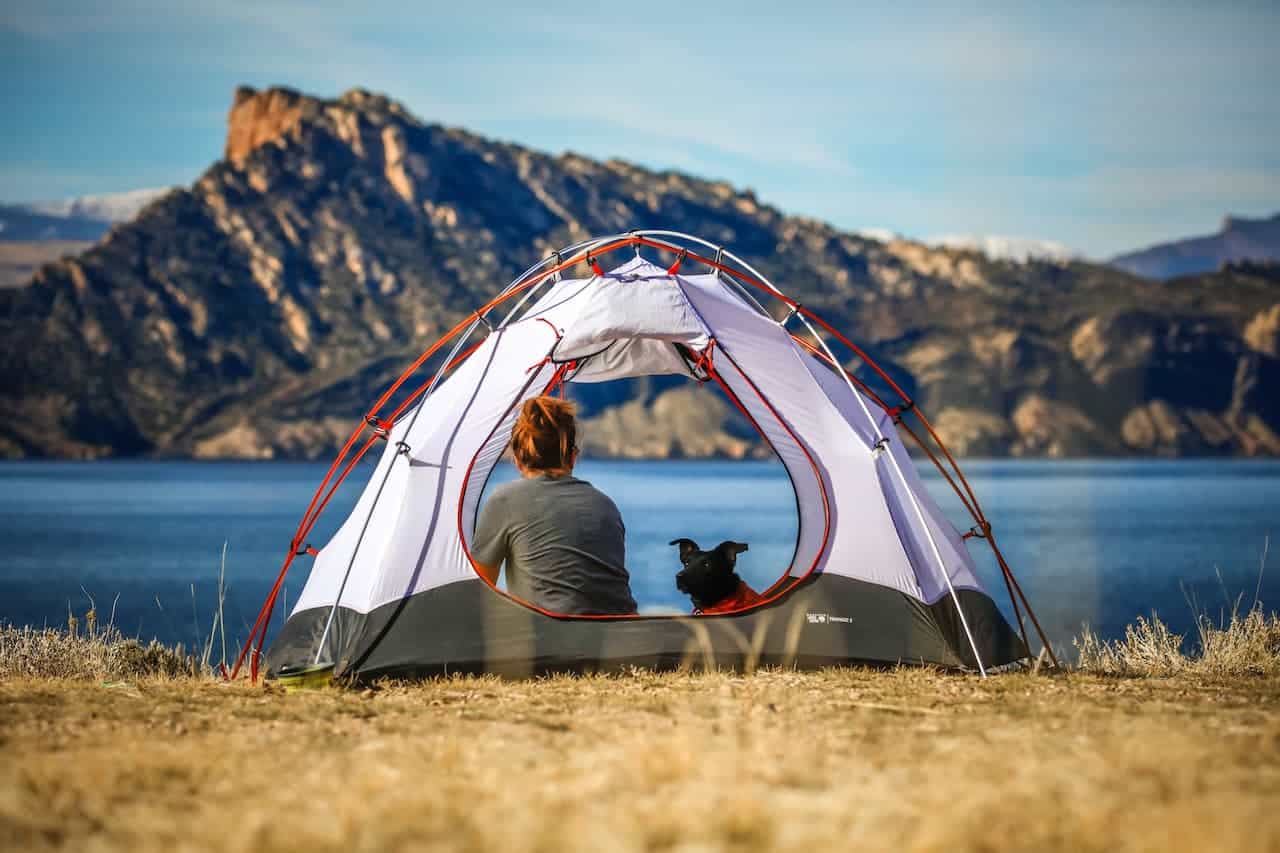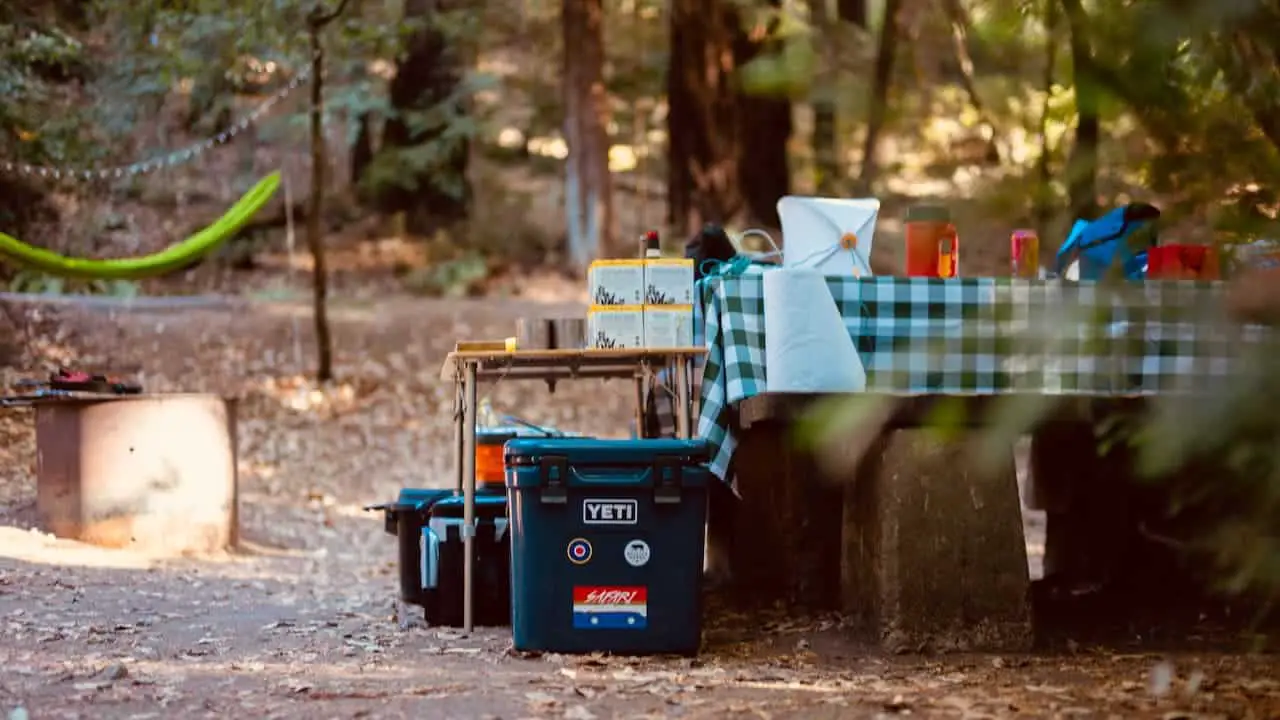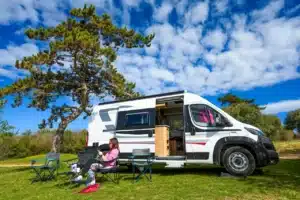The Dos and Dont’s of Camping: Expert Tips for a Successful Trip
Camping is an amazing opportunity to get outdoors and immerse yourself in nature, however, planning and packing for a successful trip can seem like a big undertaking challenging even the most experienced campers. With these expert tips, you’ll confidently plan your next camping adventure—one that ensures an unforgettable experience with lasting memories of fun times spent around the campfire.
So read on to learn all about backpacking basics, safety precautions, proper gear selection, and other useful advice on how to make your camping trip a resounding success in Queensland.
Do the research
Doing a bit of research beforehand can make all the difference in ensuring that your camping trip is smooth and enjoyable. Check out the area you plan to visit, research popular hiking trails, and make note of any potential hazards or challenging terrain.
If you know what kind of camping you’ll be doing, research that too. Are you backpacking, car camping, or something in between? Knowing what to expect will help you pack appropriate gear and make the most of your time outdoors. Make sure to read more about camping with a tent, RV, or in the wilderness. The type of camper you are will influence the gear and supplies you’ll need to bring.

The power of packing light
When it comes to camping, it’s easy to get carried away with packing. After all, you want to be prepared for anything that may come your way, right? However, there’s something to be said for packing light and bringing only what you need. Not only does it make your trip easier by reducing the amount of gear you have to lug around, but it also allows you to fully appreciate and immerse yourself in the natural surroundings. Plus, the less you bring, the less impact you have on the environment.
You don’t need that fifth pair of shoes or the fancy cooking utensil set—keep it simple and enjoy the simplicity of nature.
Do bring a first aid kit
Packing a fully stocked first aid kit can be the difference between enjoying your trip or cutting it short due to an injury or unexpected health issue. There are several basic items that your kit should include, such as band-aids, gauze, antiseptic wipes, and pain relievers. But don’t forget to customise it based on your specific needs, such as allergies or chronic conditions. Remember, a first aid kit is not just an option, but a necessity for any camping adventure.
Protect yourself from the elements
Being outdoors also means that you are exposed to the elements, which can interfere with your enjoyment if not properly prepared. Insects are one of the most common nuisances that can make camping unbearable. Ensure you carry insect repellent to keep away mosquitoes, ticks, and other creepy crawlies. Moreover, prolonged exposure to the sun can lead to sunburn, dehydration, and heatstroke. Use sunscreen and wear a hat to protect your skin from harmful UV rays.
Additionally, be sure to take the necessary precautionary measures in the event of unexpected weather or extreme temperature changes. Carry rain gear and extra layers in case of cold temperatures or sudden storms.
Don’t leave food out in the open when camping
As you sit around the campfire after a satisfying meal, it’s easy to forget that your leftover food can attract unwanted nocturnal visitors. Bears and other animals have an incredible sense of smell and can sniff out food from miles away. Leaving food out in the open not only puts you at risk of losing your food but also endangers the wildlife that may become habituated to human food. It’s important to properly store your food away from your campsite, either in a bear locker or by hanging it from a tree.
By taking these precautions, you can ensure a safe and enjoyable camping experience for both you and the wildlife around you.

With a little bit of preparation, you can make sure that your camping experience is safe and enjoyable. From researching the area you’re visiting and packing light, to bringing a first aid kit for safety, it pays to be prepared when doing outdoor activities. Don’t forget mosquito repellent and sunscreen to protect yourself from various environmental elements.
Always remember to set up your tent away from trees and other sources of shade, as this may attract unwanted pests or wild animals. When in doubt, always place food items back into secure containers after use to deter animals from venturing near the campsite. If you are stuck with someone who needs help with sleep apnoea, make sure they get it is fixed before being stuck in a tent with them!
Ultimately, these tips will help provide a safe and unforgettable camping experience!




